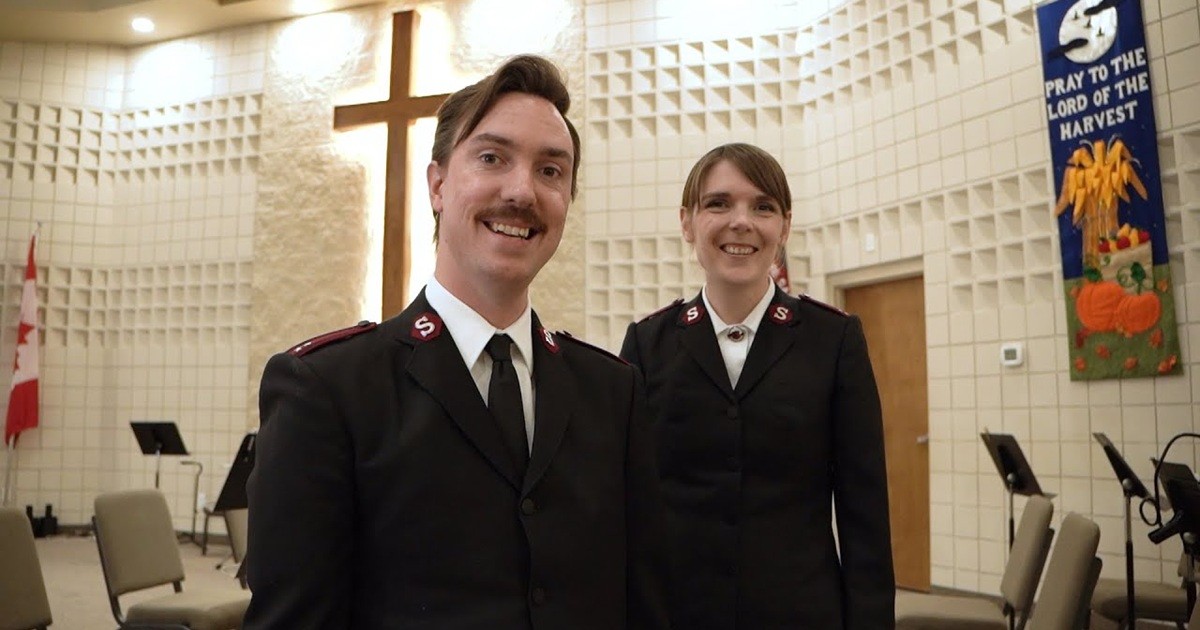 In his highly acclaimed book, The Seven Habits of Highly Effective People, Stephen Covey develops the leadership paradigm he identifies as “inside-out leadership.” He bases the seven habits of effective leadership on an ageless axiom: While we cannot change all situations, we can and must first change ourselves from the inside out.
In his highly acclaimed book, The Seven Habits of Highly Effective People, Stephen Covey develops the leadership paradigm he identifies as “inside-out leadership.” He bases the seven habits of effective leadership on an ageless axiom: While we cannot change all situations, we can and must first change ourselves from the inside out.
Many years after its publication, Covey's book remains a best-seller. Every spiritual leader—every Salvationist—should read this classic. While widely acclaimed in the secular world, the book is based on solid biblical principles.
Before detailing his seven habits, Covey quotes Ezra Taft Benson's discerning words on a leader's foundational need for inner spiritual training: “The Lord works from the inside-out. The world works from the outside-in. The world would take people out of the slums. Christ takes the slums out of people, and then they take themselves out of the slums…. The world would shape human behavior, but Christ can change human behaviour.”
Covey's book is saturated with exceptional advice on leadership, life management and relationships, all centred on the “inside-out” biblical concept. Behaviour, Covey contends, is learned. It is not instinctive. The good news is that old habits can be discarded and replaced by new and more effective habits. Every spiritual leader should memorize and daily endeavor to emulate the following seven leadership habits. Transforming each declaration into a personal habit will revolutionize the spiritual leader and his or her effectiveness.
 Habit 1 - Be Proactive (Initiate). Effective people truly lead their lives. Instead of saying, “It's hopeless,” they say, “Let's look at the alternatives.” Instead of yearning “If only…” they affirm, “I will.”
Habit 1 - Be Proactive (Initiate). Effective people truly lead their lives. Instead of saying, “It's hopeless,” they say, “Let's look at the alternatives.” Instead of yearning “If only…” they affirm, “I will.”
Habit 2 - Begin with the End in Mind (Creativity). All successful endeavors are created twice. The initial creation is a mental or a spiritual creation. The second is the physical creation. Effective leaders envision what they want and how to get it. They habitually pick priorities stemming from their basic values.
Habit 3 - Put First Things First (Productivity). Putting first things first is at the heart of effective leadership. It requires wise management, using our four human endowments of self-awareness, imagination, conscience and will to accomplish the most important things.
Habit 4 - Think Win/Win (Interdependence). Win/Win thinking is a frame of mind that constantly seeks mutual benefit in all human interaction. Such positive endeavour seeks agreements and solutions that are satisfying to all involved.
Habit 5 - Seek First to Understand, Then to be Understood (Empathy). Leaders must be careful not to prescribe before they diagnose. Spiritual leaders have a tendency to rush in, attempting to fix things up with “good advice,” but without reflective understanding.
Habit 6 - Synergize (Valuing Differences). “Synergy” implies that the whole is greater than the sum of its parts. Synergistic communication begins with the assumption that cooperating individuals will share insights and open their minds and hearts. The spiritual leader values the difference in his or her team and seeks to engender unity through diversity.
Habit 7 - Sharpen the Saw (Consistency). “Sharpening the saw” entails preserving, renewing and enhancing the greatest asset in every leader's possession - him or herself. The leader's daily goal must be to continually formulate a personal program that balances the four dimensions of human nature - physical, spiritual, mental and emotional health.
Effective, spiritual leadership must become habit forming. As Emerson aptly described it - “That which we persist in doing becomes easier - not that the nature of the task has changed, but our ability to do has increased.” Habits centered on accurate, biblical leadership principles will increase the spiritual leader's ability to live peaceful, harmonized, loving, and effective lives while engaged in the awesome task of fulfilling the Great Commission (Matthew 28:18-20).









Leave a Comment